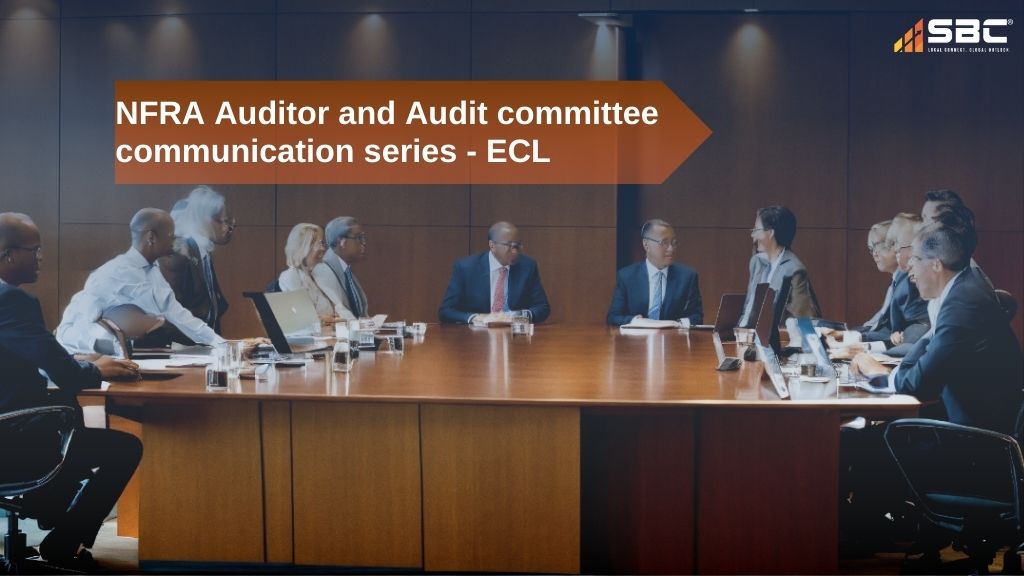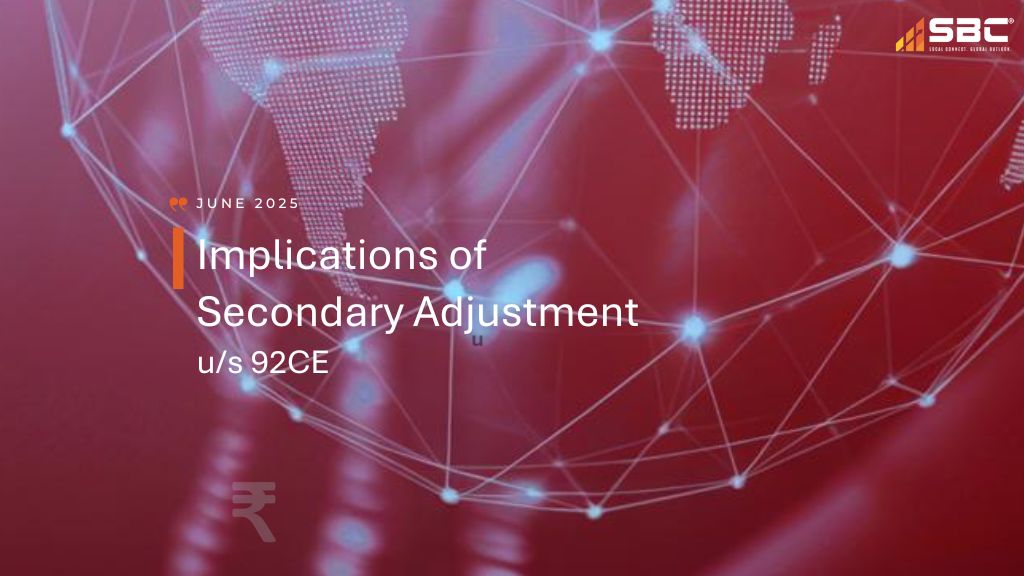NFRA Auditor and Audit Committee Communication Series - ECL
Home > NFRA Auditor and Audit Committee Communication Series – ECL

January 24, 2025
Overview
The National Financial Reporting Authority (NFRA) has initiated a series aimed at improving communication between statutory auditors and audit committees, with a focus on significant areas of accounting and auditing. The inaugural publication which was published on January 10, 2025; emphasizes the auditing of accounting estimates and judgments, particularly on Expected Credit Losses (ECL) under Ind AS 109, “Financial Instruments.“
Objective
NFRA highlights the importance of effective interaction between auditors and audit committees to ensure audit quality and the integrity of financial statements. The Companies Act, 2013, mandates audit committees to review financial statements, audit processes, and internal controls. Similarly, SEBI regulations require a focus on accounting estimates involving management judgment. This collaboration is critical to upholding transparency and investor confidence.
Target area(s)
Accounting estimates, including provisions for liabilities, asset impairments, and deferred tax recognition, often involve complex judgments. Ind AS 109 prescribes the ECL model for impairment loss recognition, marking a shift from the “Incurred Loss” approach. The ECL model considers potential credit losses from the moment a financial asset is recognized, incorporating future economic conditions and time value of money.
ECL applies to various financial assets, including loans, advances, trade receivables, and bank balances. It relies on unbiased, probability-weighted scenarios, rather than extreme cases, and often involves significant management judgment and expert input.
Recommendations – Key Considerations for Audit Committees
NFRA suggests that audit committees ask auditors several critical questions regarding ECL assessments, including:
- Changes in ECL balances and their impact on profit and loss accounts.
- Verification of the ECL model’s appropriateness for different financial asset classes.
- Adequacy of internal controls and credit risk management systems.
- Assessment of related party transactions and their implications for ECL provisioning.
Auditors are encouraged to evaluate management’s assumptions, the independence of subject matter experts, and the robustness of data used in ECL calculations.
References – Standards and Guidance for Auditors
The publication outlines key Standards on Auditing (SAs) relevant to accounting estimates:
- SA 540 focuses on risk assessment, management bias, and documentation in auditing estimates.
- SA 701 mandates reporting key audit matters, including significant management judgments.
- SA 260 (Revised) emphasizes communication with governance bodies regarding qualitative aspects of financial reporting.
Global Context and Best Practices
The report references guidance from the Basel Committee on Banking Supervision, which underscores the role of professional scepticism, risk assessment, and expert use in auditing complex estimates like ECL.
Conclusion
“NFRA’s initiative aims to strengthen the partnership between auditors and audit committees, ensuring a higher standard of audit quality and public trust. This effort is especially crucial in addressing complex accounting estimates that require precision, transparency, and collaboration.”
Verify Email
Verify your email address below to download the PDF








